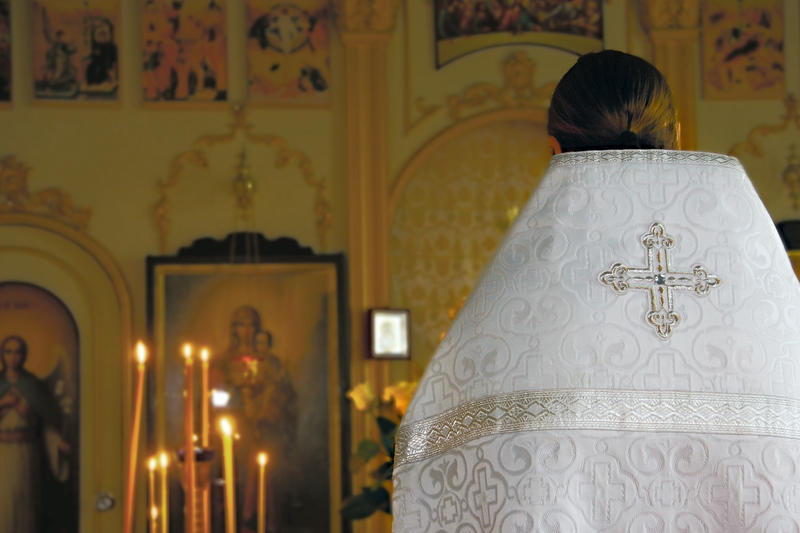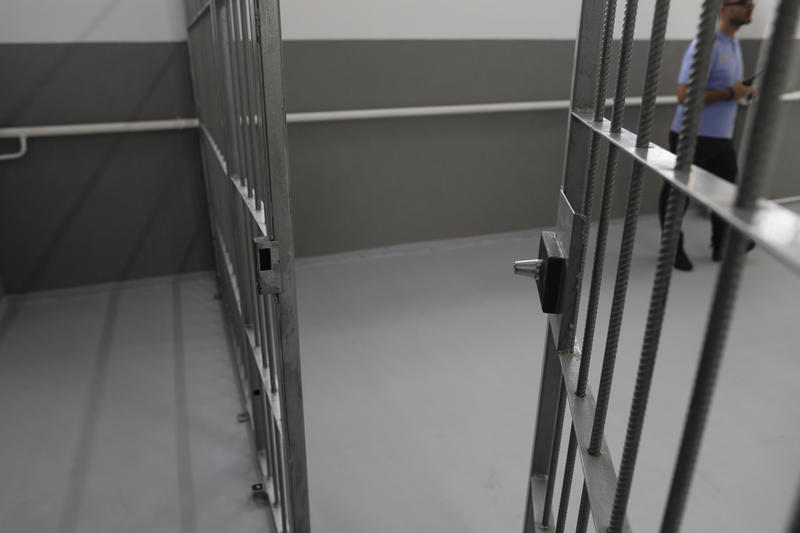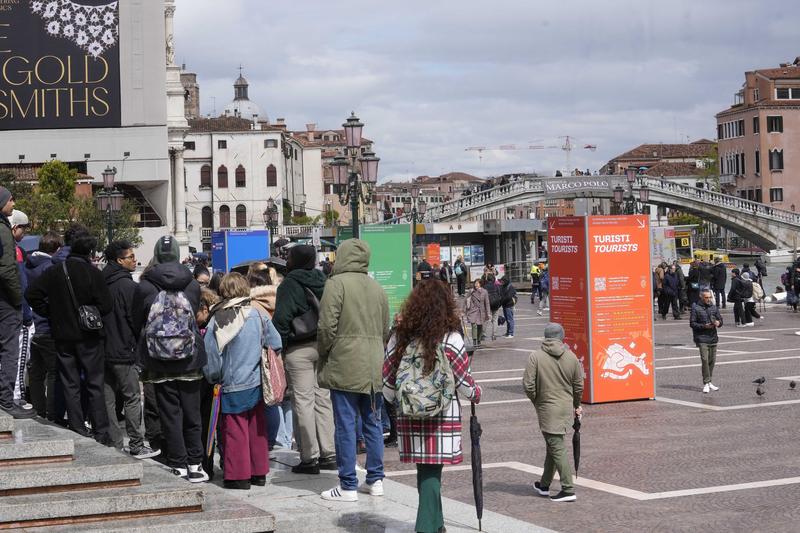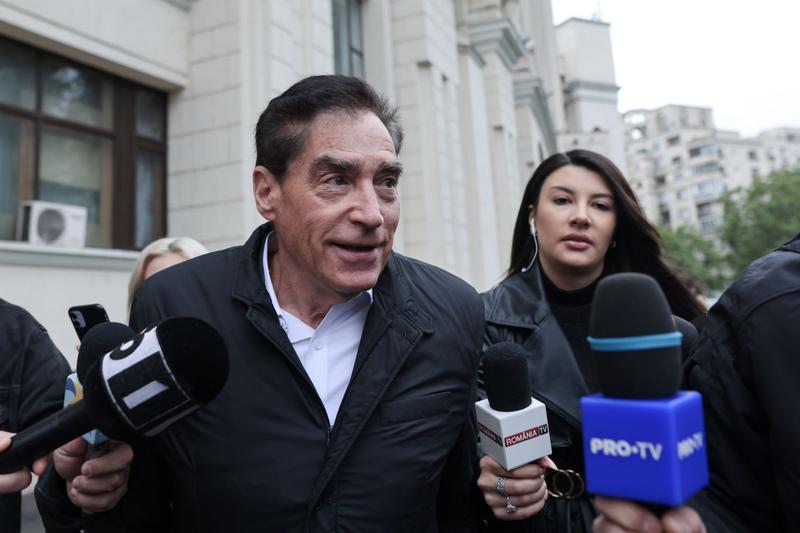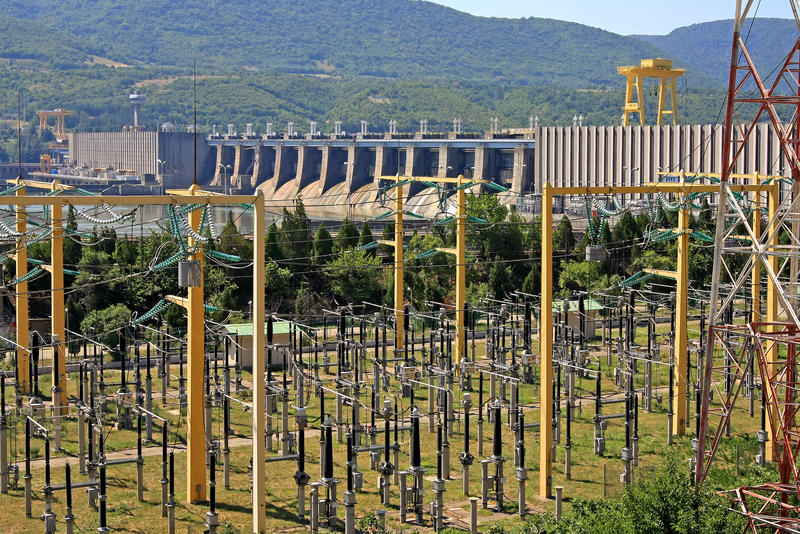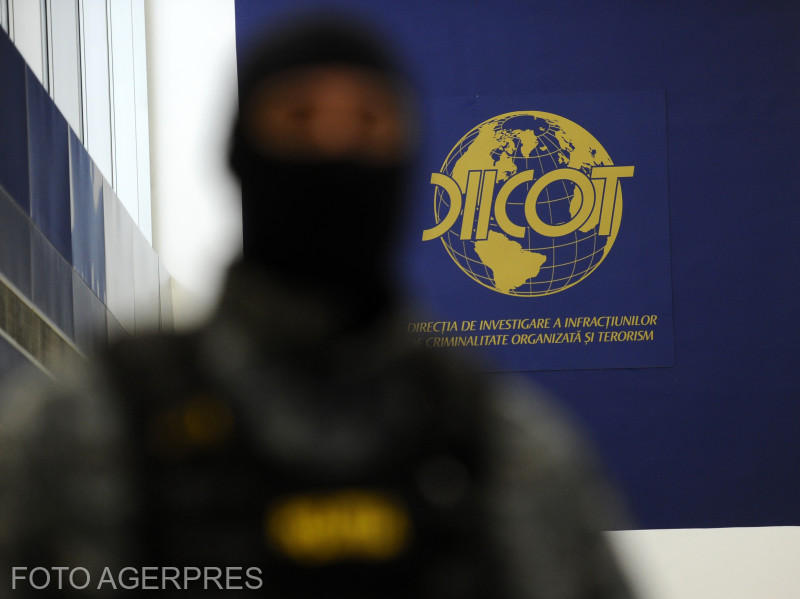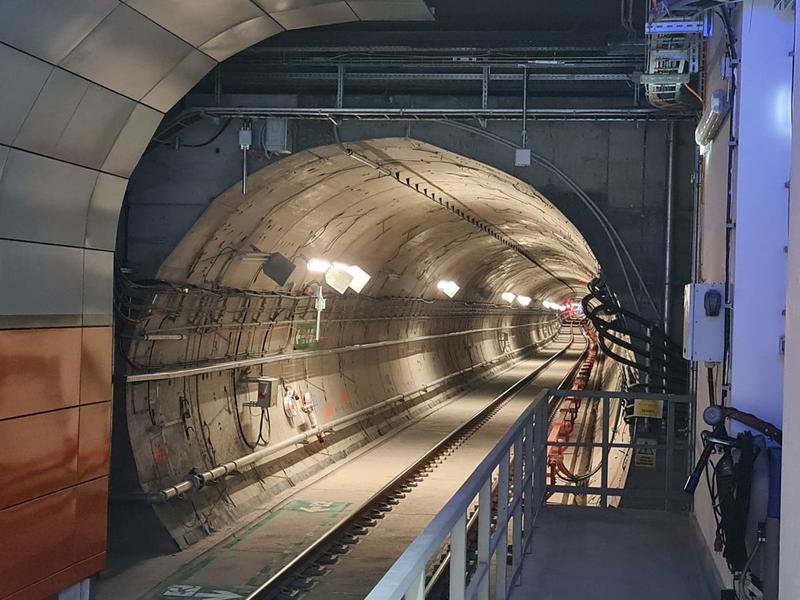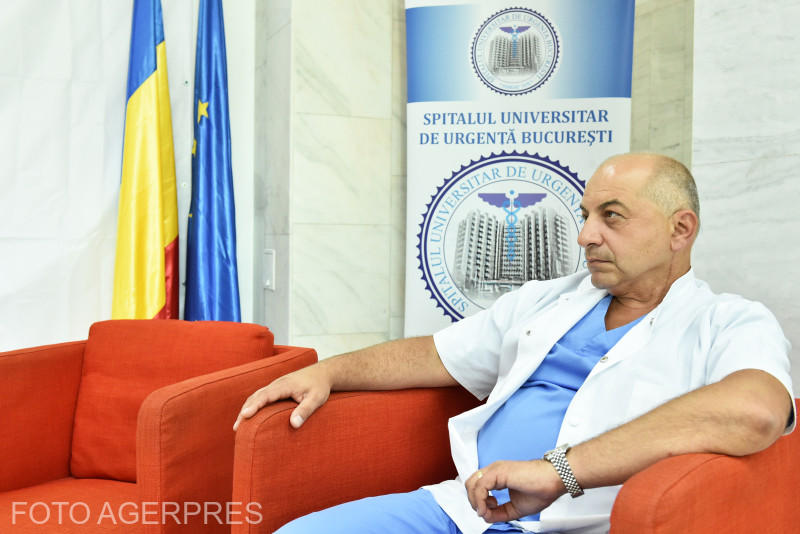18 years have passed since the December 1989 Revolution in Romania and questions still remain about the fate of the huge fortune the Ceausescu family who had ruled the country with an iron fist for decades had made. A parliamentary commission has been attempting to determine where the money is and whether it is really out there. But investigations are deadlocked because of the refusal of some to collaborate with authorities.
The sum vehiculated amounts to two billion dollars, according to some, but nobody seems to actually find or determine what happened with it. Right after the post-Communist revolution, a Canadian company was hired to track the money but soon abandoned investigations as local institutions refused to cooperate.
Officials argue that the parliamentary commission needs to cooperate and open dialogue with both local institutions and people but also with international ones. The work is tedious as nobody knows exactly what they are looking for.
The two main intelligence services in Romania, the Romanian Intelligence Service (SRI) and the Foreign Intelligence Service (SIE) have informed the commission that they have no documents related to the currency traffic in Romania before 1989, commission head Sabin Cutas told HotNews.ro. The data is seen as necessary to establish what kind of foreign bank accounts might have been used to store the money of the Ceausescus.
Cutas is a Senator representing the small Conservative Party (PC), led by businessman-politician Dan Voiculescu. Voiculescu, who had a history as a high profile economist under the Ceausescu regime, has long been accused of having a part in making the Ceausescu accounts disappear. He himself called for the parliamentary investigation into the matter to counter the claims.
MPs started work in investigating the issue a year ago and are expected to produce reports about it next year.
Romanian 1989 Revolution: chaos installed
This comes as Romanian democracy claims its adulthood as 18 years have passed since December 16, 1989, when in Western Romania city of Timisoara the first organized manifestation against the Communist regime grew steadily, taking over the whole city. As a consequence, people were arrested and protesters vandalized. From this point on, the revolution spread in other counties all over Romania leading to Nicolae Ceausescu's runaway on December 22. Three days later, the Communist dictator and his wife would be executed at the end of an hours-long trial.
The first signs of the events to come occurred on December 15 that year, when several people gathered to protest near the house of a dissident priest Tokes Laszlo who had been ordered to leave Timisoara.
On December 16, the demonstration spread all over the city and molded into an anti-communist manifestation. Secret police forces from the Securitate and Romanian army members arrested some of the protesters.
The repression continued on December 17 once the number of protesters increased. During the evening, the army and police forces opened fire against demonstrators.
Protests start to appear all over the country.
On December 20, massive crowds of workers entered Timisoara and occupied the main square of the city as they started screaming against Ceausescu and the regime.
On December 21, Communist dictator Nicolae Ceausescu gathered a massive Communist demonstration in downtown Bucharest to condemn the protests taking place in Timisoara. As he talked, the crowd grew impatient and the dictator unsecure.
Shortly after his speech, people regrouped in Universitatii Square to protest against the regime.
On December 22, as the dictator lost the support of the army, he and wife Elena ran away in a helicopter but three days afterwards they were executed after a mock-up trial on Christmas night.
By the New Year's Eve, the Communist regime would be ruled illegal and a new political power emerged - namely the National Salvation Front, led by Ion Iliescu, who would eventually rule for many of the past 18 years.
According to official data, during the Revolution, some 1142 people died, 3138 wounded and other 760 arrested.

